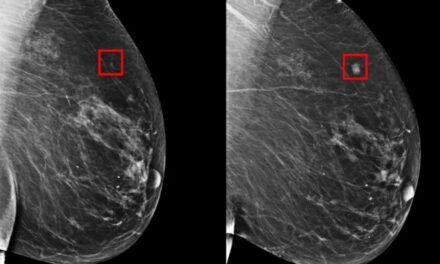Rochester, MN – A new study published in JAMA Network Open reveals that maintaining a normal fasting blood sugar level may not be enough to completely shield individuals from developing diabetes. The research, conducted by a team at the Mayo Clinic, underscores the importance of considering multiple risk factors beyond just blood sugar levels.
The study analyzed data from over 44,000 adults with at least two fasting blood sugar measurements. Over a six-year follow-up, 8.6% of participants developed diabetes.
Key findings include:
- Blood Sugar Levels: Both low and high fasting blood sugar levels, compared to the ideal range of 80-94 mg/dL, were associated with an increased risk of diabetes.
- Sex: Men were found to have a higher risk of developing diabetes compared to women.
- Age: Older individuals (60 years and above) had a significantly higher risk than younger individuals.
- BMI: Variations from a healthy BMI (18.5-24.9) increased the risk. This includes both underweight and overweight/obesity.
“This research highlights the complex interplay of factors that contribute to the development of diabetes,” said Dr. Aoife M. Egan, lead author of the study. “While maintaining a normal fasting blood sugar is crucial, it’s not the sole determinant. Factors like age, sex, and BMI play a significant role.”
Implications for Prevention:
The study emphasizes the need for a personalized approach to diabetes prevention. Healthcare providers can utilize this information to identify individuals at higher risk and tailor prevention strategies accordingly.
Limitations:
The study population was primarily Caucasian, and the findings may not be fully representative of all populations. Further research is needed to validate these findings in diverse groups.
Disclaimer:
This information is for general knowledge and informational purposes only and does not constitute medical advice. Consult with a healthcare professional for any health concerns.
Note: This article aims to present the key findings in a clear and concise manner, while avoiding any potentially insensitive or misleading information.











